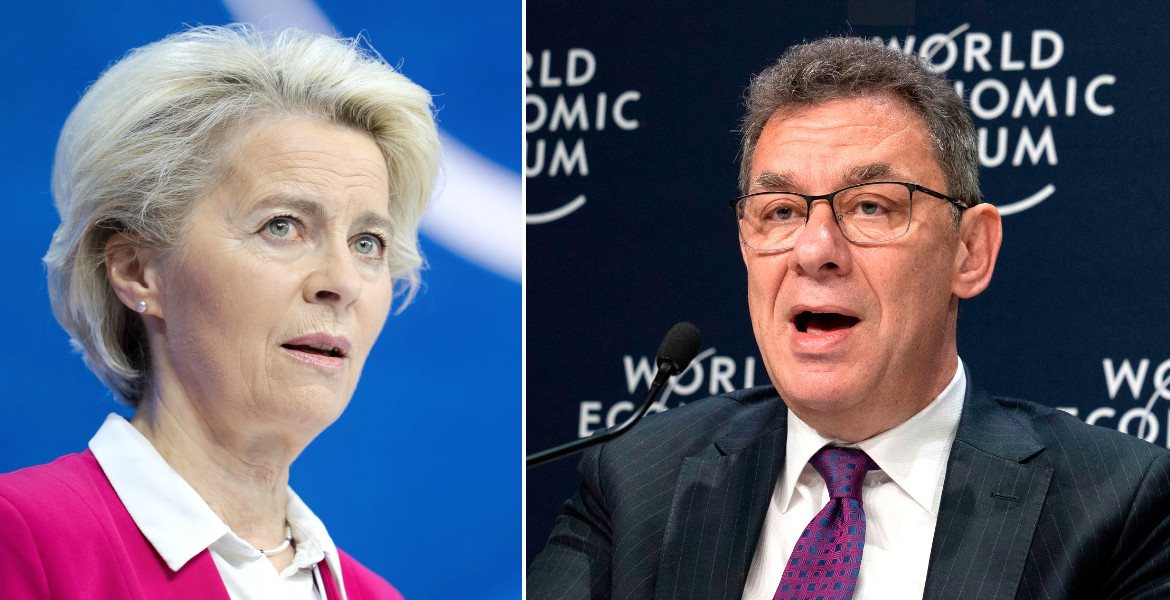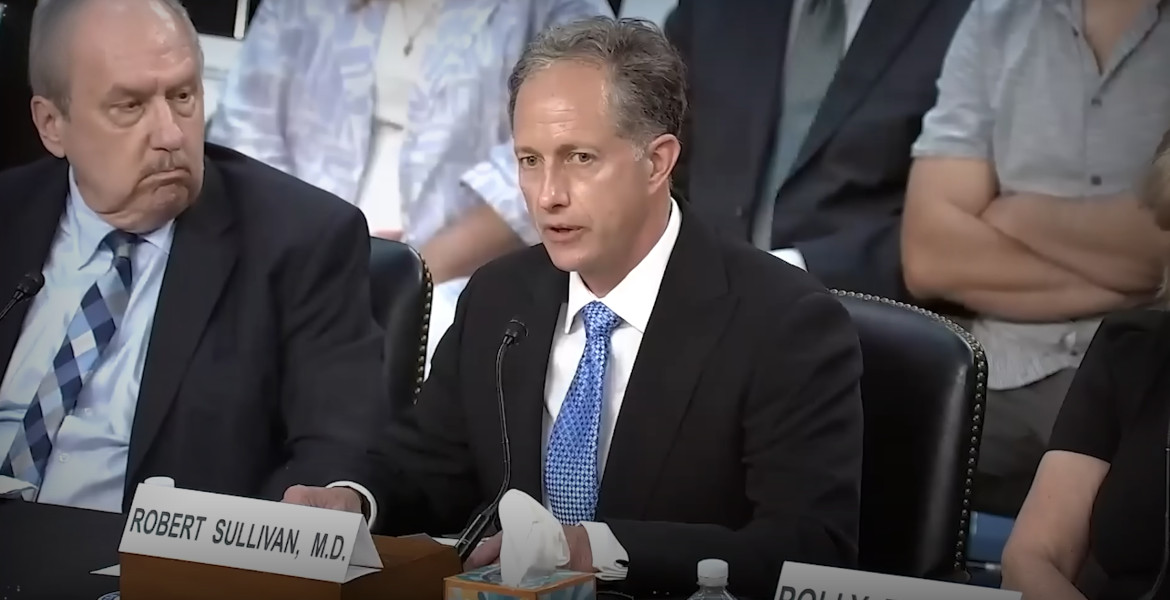The European Commission is found guilty by the European Court of Justice of withholding text messages between Ursula von der Leyen and Pfizer's CEO in connection with the multi-billion euro purchase of COVID-19 vaccines. The Court ruled that the Commission violated transparency legislation when it refused to disclose the messages.
Now the Commission must disclose the conversations or provide a more credible explanation for why it cannot disclose them.
In spring 2021, it emerged that the President of the European Commission, Ursula von der Leyen, and Pfizer's CEO, Albert Bourla, had private text message conversations in connection with the comprehensive COVID-19 vaccine agreement concluded between the EU and the pharmaceutical company. The agreement covered 1.8 billion doses of COVID-19 vaccine, but few details of how it was reached have been made public. For example, the price tag for each dose is still not known.
When a journalist from the New York Times requested the text message conversations between von der Leyen and Bourla, it was announced that these had been deleted. The following year, the European Court of Auditors reviewed the case and questioned why the European Commission did not disclose the text messages or other written details of the agreement. Furthermore, the Commission is said to have chosen not to share any written details of the agreement, something it has been transparent about in the past, which was of course also questioned by the Court.
The European Court of Auditors has no authority to demand more information about the text message conversations, but the New York Times chose in 2023 to file a lawsuit in the matter and this week the case was brought before the European Court of Justice. The court was asked to examine whether the European Commission had breached the law by not disclosing the conversations.
Court: "Must provide credible explanations"
The court's decision finds that the European Commission did break the law when it refused to disclose the text message conversations between the chairman and the CEO, reports the New York Times. Under EU transparency laws, the conversations should have been shared with the newspaper.
The European Commission claimed that it did not consider the conversations important and therefore deleted them and that they cannot be retrieved. However, it never explained the extent of the search for them, which the Court considers insufficient.
"The commission cannot merely state that it does not hold the requested documents but must provide credible explanations enabling the public and the court to understand why those documents cannot be found", the Court said.
It is unclear whether the text messages have actually been deleted, but the court ruled that the European Commission must now either disclose the conversations, or at least provide a more detailed and credible explanation as to why they cannot be disclosed. In a statement, the European Commission said it would "adopt a new decision providing a more detailed explanation".






